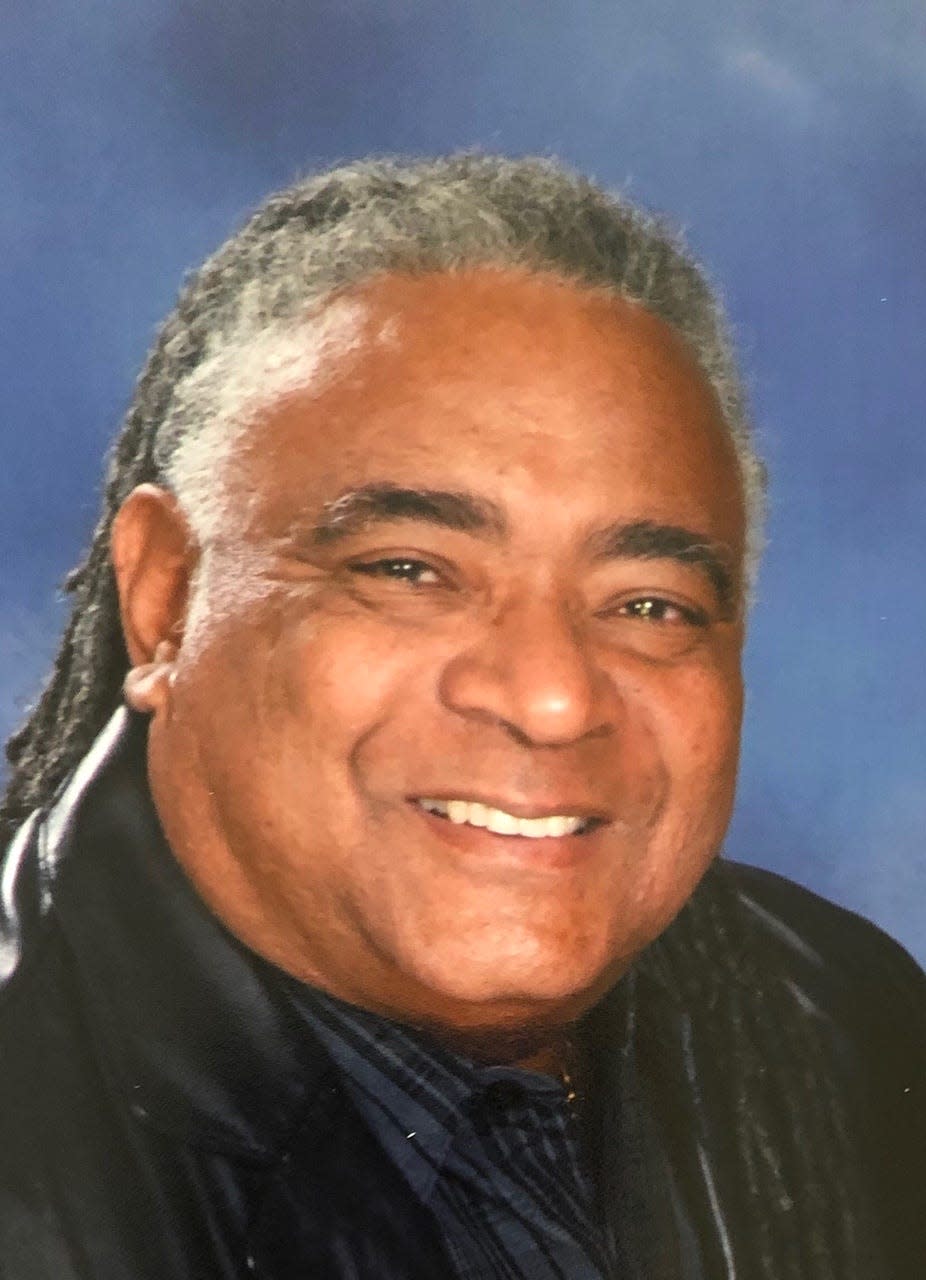Kentucky man to spend life in prison for shooting two Black shoppers at Kroger store
LOUISVILLE, Ky. — Gregory Bush has pleaded guilty to killing two Black shoppers at a Kroger store in Kentucky in 2018 and will spend the rest of his life in prison.
Bush was sentenced Tuesday in Jefferson Circuit Court to life without parole for the murders of Maurice Stallard and Vickie Lee Jones on Oct. 24, 2018.
He pleaded guilty but mentally ill, which means the Kentucky Department of Corrections will be obliged to provide him treatment and medication.
In a statement, Commonwealth's Attorney Tom Wine said, "Vickie Jones and Maurice Stallard were senselessly murdered because of the color of their skin. Our entire community and commonwealth had suffered a loss because of racial enmity."

Assistant Commonwealth's Attorney Milja Zgonjanin, who prosecuted the case, said: "Our position is that there is nothing the criminal justice system could do to undue the harm Mr. Bush did that day. But he is now been held accountable and is no longer in position to do similar harm."
Jeff Cooke, a prosecutor who is a spokesman for the office, said, "We felt that life without parole was the proper outcome."
Bush also was sentenced by Jefferson Circuit Judge Annie O’Connell to 20 years for criminal intent murder and five years each on two counts of murder, but the sentences will be served concurrently.

Bush, 53, also agreed to plead guilty in U.S. District Court to three federal hate crimes and three gun charges. Attorney General William Barr agreed not to seek the death penalty on those charges.
Both Stallard, 69, and Jones, 67, were Black, and a white bystander in the Kroger parking lot that afternoon said Bush told him, "Whites don’t shoot whites."
Shortly before Bush drove to the Kroger at the Stony Brook Shopping Center and began shooting, police said he also tried to enter First Baptist Church of Jeffersontown, a predominantly Black congregation.
From 2019: Police chief calls Kroger shooting in Louisville a hate crime
The doors to the church were locked when Bush was seen trying to pull them open.
Investigators said Stallard and Jones had never met Bush, who is white, and had no connection to him.
“A tragedy is an accident,” Jones’ nephew Kevin Gunn said at the time. "This was intended."
A forensic psychiatrist diagnosed Bush with schizoaffective disorder, but after a yearlong dispute about Bush’s competency, he was ruled competent for trial in August, meaning he understood the charges against him and was able to assist in his defense.
A change of plea hearing in the federal case is scheduled for Feb. 18.
While Kentucky has had a hate crime statute since 1997, it contains no additional penalties for such offenses.
10 days, 4 hate crimes: The parallel paths of 4 angry men who terrorized America
Three state lawmakers from Louisville have announced they intend to introduce legislation in the 2021 legislative session to toughen penalties for state offenses based on hate.
"Whenever a death, or assault or even damage to property is the result of hatred focused on the victim’s race, ethnicity, gender, sexual orientation, or religion, there should be an increase in the punishment imposed for the underlying offense," Wine said. "The proposed legislation which our office worked on with these senators is a step toward justice for all people."
Follow Andrew Wolfson on Twitter: @adwolfson.
This article originally appeared on Louisville Courier Journal: Man gets life without parole for shooting 2 Black Kroger shoppers

